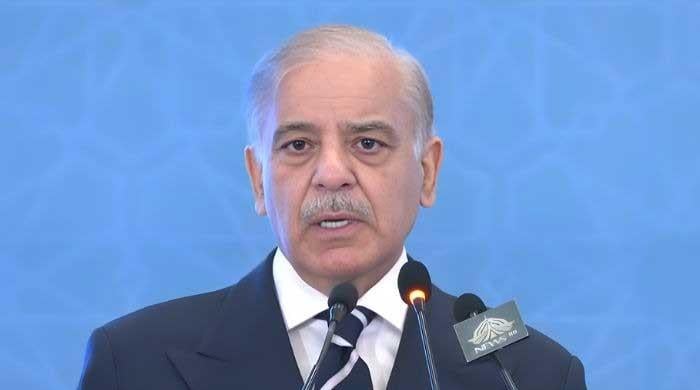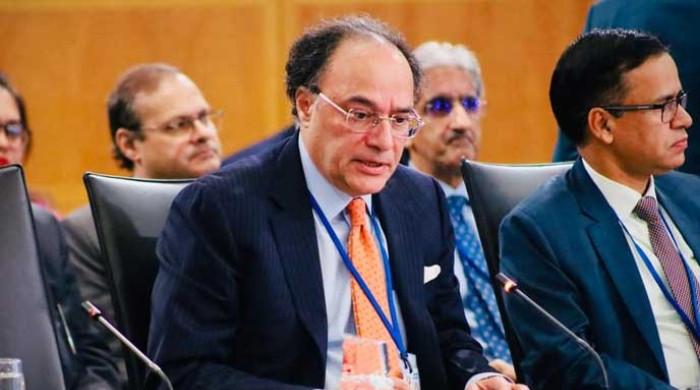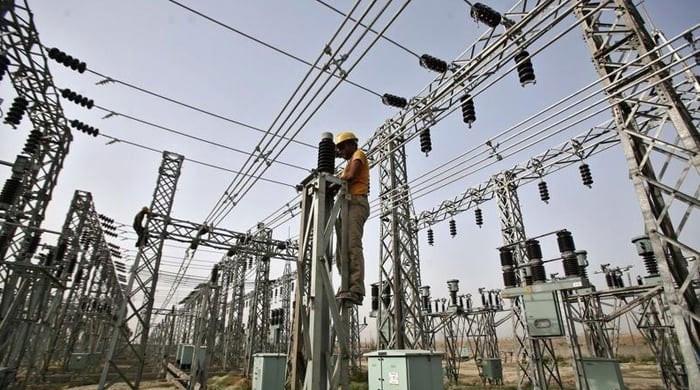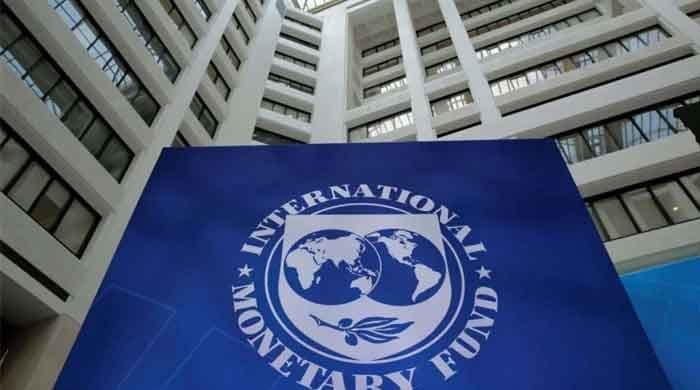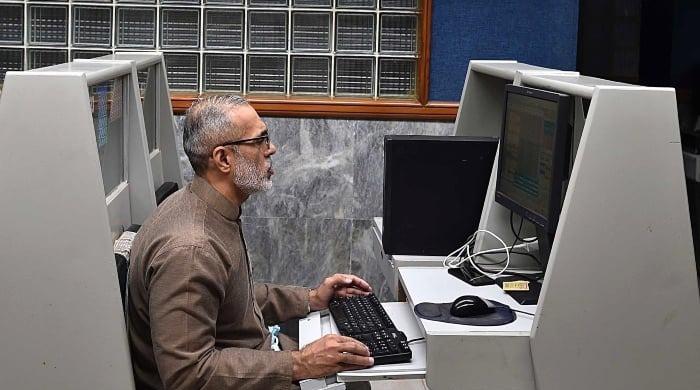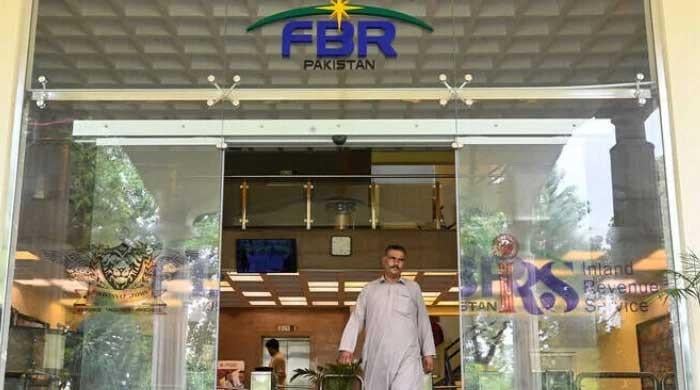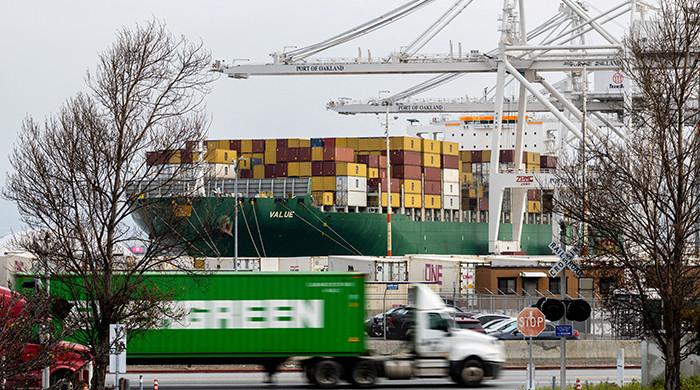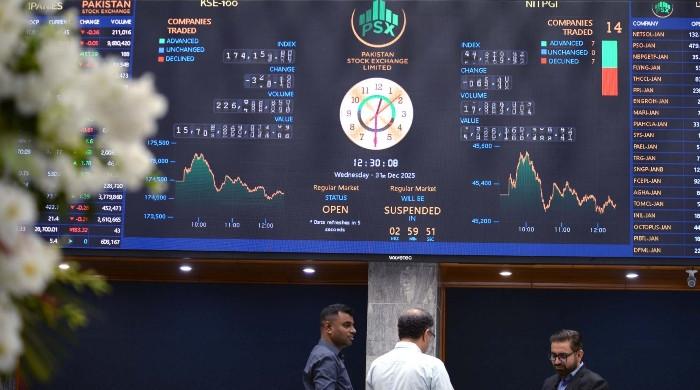Pakistan joins Arab payments platform in landmark integration move
Arrangement to enable cross-border transactions, but only allow inflows from overseas Pakistanis
September 19, 2025
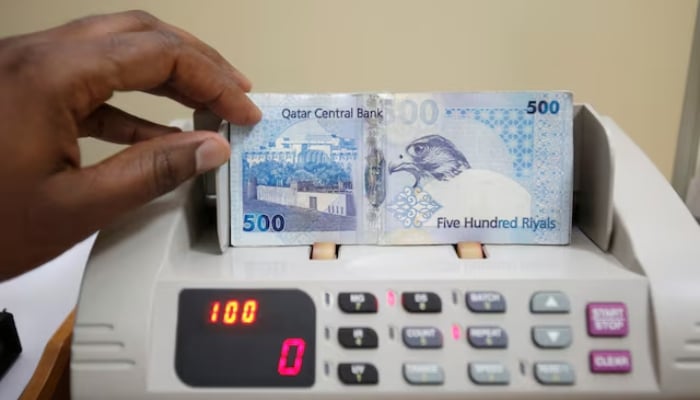
- Digital payments hit Rs1tr every nine days: SBP governor
- Remittances to become faster and more secure under Buna.
- SBP targets a cashless economy nationwide by June 2026.
ISLAMABAD: Pakistan has decided to integrate its digital payment system with the Arab world’s Buna platform, operated by the Arab Monetary Fund (AMF), The News reported.
The arrangement will enable cross-border transactions, but only allow inflows from overseas Pakistanis, with no provision for outward transfers.
The development was disclosed during a meeting of the National Assembly Standing Committee on Finance, chaired by Syed Naveed Qamar, at an IT park in Islamabad on Thursday.
Governor of the State Bank of Pakistan Jameel Ahmed informed the NA panel that transactions under the digital payment system hovered around the Rs1 trillion mark on a per-annum basis when Raast was launched, but now the volume of transactions under the digital payment system crosses Rs1 trillion mark in nine days.
Buna is the Arab Regional Payment System, a cross-border, multi-currency platform owned by the Arab Monetary Fund (AMF) that allows financial institutions to send and receive payments in Arab and international currencies across the Arab region and beyond.
Launched in 2020, it supports currencies like the Saudi Riyal and Emirati Dirham, with future plans to incorporate currencies from other countries, like China, to enhance regional economic integration and cross-border trade.
Briefing the NA panel, the SBP governor said the new arrangement would make remittances faster and more secure. He added that by 2028, the target is to provide 75% of Pakistan’s youth with digital financial services, while a cashless economy will be introduced across federal and provincial levels by June 2026.
The SBP, he said, has already issued five licences for digital payments, while digital transactions will not be subject to the 0.5% merchant fees.
Minister of State for Finance Bilal Azhar Kayani told the committee that the government would absorb the cost to encourage adoption of digital payments, stressing that Pakistan would become one of the first countries in the region to roll out such a digital ecosystem.
Finance Secretary Imdadullah Bosal informed members that salaries, pensions, taxes, and utility bills would gradually be shifted to the cashless system.
However, the SBP clarified that in case of user errors in digital transactions, banks would not compensate, whereas losses due to fraud or system errors would be covered by the respective service providers if the complaint was lodged within two hours of any fraud.
Deputy Governor SBP Saleem Ullah, while briefing the NA panel, stated that there are currently 95 million active mobile banking app users, 226 million bank accounts (96 million unique), 19,000 bank branches, and 20,000 ATMs nationwide, while 850,000 QR merchants are already integrated.
He added that the $ channels will allow transactions even without internet access, and consumers will not be charged for cashless payments. During the meeting, Naveed Qamar raised concerns over the effectiveness of the digital ecosystem given that “50% of Pakistan’s economy is undocumented,” and emphasised the need for offline transaction support.
Hina Rabbani Khar raised the issue of slower internet services and inquired how the digital and cashless economy would be promoted with severe internet disruptions.
The committee also reviewed the Corporate Social Responsibility (CSR) Bill. The SECP Chairman informed that in 2024, 315 out of 447 companies carried out CSR activities, spending Rs 22 billion, while 199 firms did not share details, and 100 did not spend anything.
He said CSR is a responsibility, though not yet mandatory, but a penalty of Rs 1 billion has been placed for non-disclosure. Members suggested making CSR spending mandatory and formed a sub-committee for further discussion.
Meanwhile, FBR Chairman Rashid Langrial said CSR was thriving mainly because of tax credits, as charity spending remains are exempt from taxation. The committee also expressed dissatisfaction with the National Electric Vehicle Policy 2025-30 and summoned officials from the Ministry of Industries and Production for a detailed briefing in the next meeting.
In another development, Pakistan is prepared to repay $500 million on the maturity of a Eurobond by September 30, 2025, coinciding with the IMF review mission’s visit to Islamabad for the second review under the Extended Fund Facility (EFF). Pakistan and the IMF are scheduled to hold review talks from September 25 to the first week of October under the $7 billion EFF arrangement.
“We have made arrangements to repay the $500 million Eurobond by September 30, and this repayment will not strain foreign exchange reserves,” said Jameel Ahmed, Governor of the State Bank of Pakistan, during a brief conversation with journalists following a meeting of the National Assembly Standing Committee on Finance at Parliament House.
Senior official sources indicated that the Governor’s assurance of no strain on foreign exchange reserves suggests that Islamabad is either expecting foreign inflows or that the central bank will continue purchasing dollars from the market to ensure timely repayments.
Of the $26 billion in external debt repayments due in the 2025-26 fiscal year, $3.5 billion has already been paid. Of the remaining repayments, $9 billion consists of deposits from friendly countries, which are expected to be rolled over in due course.
Given the increased debt repayment obligations in 2025-26, Pakistan has decided to re-enter the international capital market by issuing international bonds, including Panda bonds in the Chinese market.
The launch of a Eurobond or Sukuk bond appears unlikely, as it depends on international market demand and further improvements in Pakistan’s credit ratings by at least one notch from three reputable agencies.
The Panda bond is expected to be launched by December 2025, with the first transaction projected to be in the range of $200–$250 million. Two major Eurobond repayments are due in 2025. The first, worth $500 million, matures in September 2025.
It was issued in 2015 for 10 years at an interest rate of 8.25%. The second, worth $1 billion, matures in April 2026. It was issued in April 2021 for five years at a rate of 6%, according to a senior official from the Finance Division.
Another debt repayment for an international bond issued in April 2021, worth $1 billion, will mature in 2031, with an interest rate of 7.3%. Additionally, the government issued an international bond in January 2022 to raise $1 billion for seven years, which will mature in 2029.




